Members of the Wagner PMC private military group, under a deal brokered following a failed coup last June, are still in Belarus and are supported by local security forces.
Television footage of joint exercises often shows the Belarusian national flag, the flags of Belarusian law enforcement agencies, and the Wagner Group flag. Belarusian Deputy Interior Minister and Commander of the Interior Mikalai Karpiankou was even seen wearing a badge with Wagner's image.
Some go, some stay
Seven months ago, at the end of June 2023, the founder of the Wagner Group, Yevgeny Prigozhin, initiated an armed mutiny against the Russian military leadership. The Wagner “boss” led his forces into Russia from Ukraine, captured the headquarters of the Southern Military District in the city of Rostov-on-Don and marched towards the capital Moscow.
The Wagner chief called the mutiny a “march of justice” aimed at overthrowing Russia’s top military leaders. Prigozhin’s group met little resistance and shot down at least six military helicopters and a command post plane, killing at least 10 pilots.
Through the mediation of Belarusian President Alexander Lukashenko and the approval of Russian President Vladimir Putin, the rebellion ended, with Mr. Prigozhin agreeing to move to Belarus in exchange for immunity from the criminal case opened by Russia's Federal Security Service (FSB). Wagner fighters involved in the mutiny were also not prosecuted.
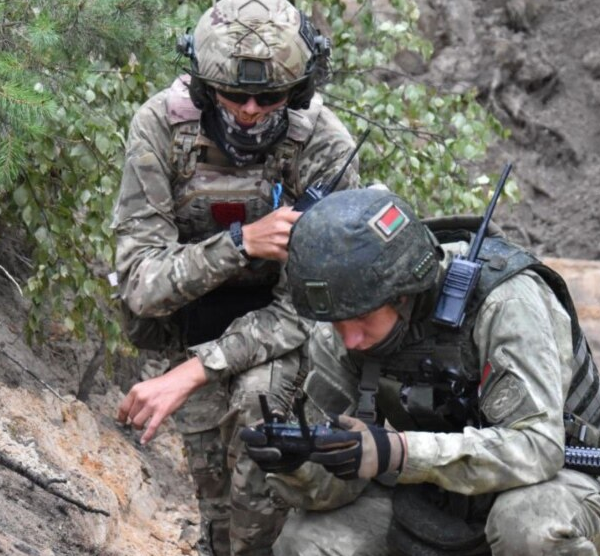
Wagner tycoon Yevgeny Prigozhin leaves Rostov-on-Don in a heavily guarded black SUV on the evening of June 24, 2023. Photo: NY Times
Wagner was reported to have been killed in a plane crash in Russia at the end of August. There are now fewer than 1,000 Wagner soldiers in Belarus. Most of them are stationed in the Osipovichi district of the Mogilev region, just southeast of the capital Minsk. Previously, the number was closer to 4,000 or even 10,000, as the Wagner Group itself claimed. The question is, what are the remaining Wagner soldiers still doing in Belarus, 7 months after the coup?
Valery Sakhashchyk, a prominent exiled Belarusian commander with ties to opposition leader Sviatlana Tsikhanouskaya, said dozens of Wagner soldiers – who “are looking for safety, stability and are willing to accept lower wages” – are receiving Belarusian passports, with new names and dates of birth, and are joining the paramilitary police force under the Belarusian Interior Ministry .
Useful tools
According to Mr. Sakhashchyk, the Belarusian leadership is unlikely to offer anything special to entice Wagner soldiers to stay. Military salaries in Belarus are much lower than what they are used to in Russia, Mr. Sakhashchyk said.
As a result, Mr. Sakhashchyk said, there was a high possibility that more Wagner members would leave the country. “Belarus has become a transit point for them. Many have signed contracts with various Russian authorities and some have flown to Africa. There are not enough mercenaries left in Belarus to influence events,” the former commander said.
For those who chose to stay, Mr. Sakhashchyk said, their presence in Belarus caused great social tension and attracted significant resistance, even from the local armed forces, but still received active support from the Belarusian Interior Ministry.
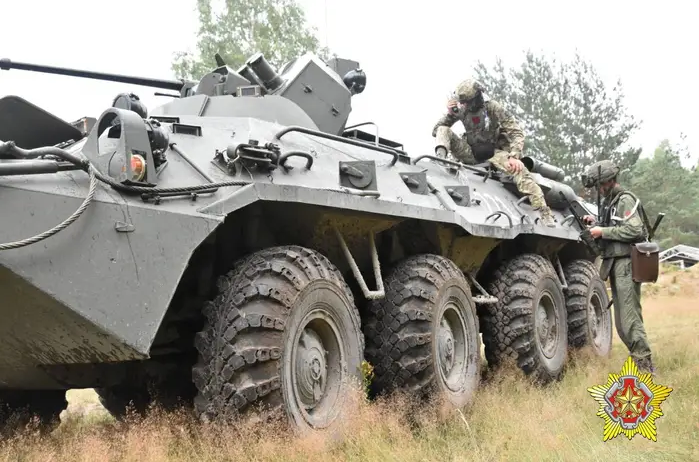
Wagner soldiers and Belarusian servicemen take part in training in Brest, Belarus, on July 20, 2023. Photo: Business Insider
Ryhor Nizhnikau, a senior researcher at the Finnish Institute of International Affairs, pointed out that Minsk sees Wagner soldiers as a “useful political tool.” Lukashenko’s government could use them to train Belarusian security forces, or as a “scare tactic” at mass events.
He also believes the Kremlin benefits from the presence of Wagner mercenaries in Belarus. Almost all Russian forces stationed in the country since 2021 have been withdrawn and moved to the Ukrainian front. Mr. Nizhnikau believes Mr. Putin sees Wagner mercenaries as an emergency fighting unit, if needed.
“For Putin, it is important that he can maintain at least some presence in Belarus. I believe he is obsessed with color revolutions, thinking that the West can overthrow any pro-Russian government in the region,” said Nizhnikau .
Minh Duc (According to DW, AP)
Source


![[Photo] Urgently help people soon have a place to live and stabilize their lives](/_next/image?url=https%3A%2F%2Fvphoto.vietnam.vn%2Fthumb%2F1200x675%2Fvietnam%2Fresource%2FIMAGE%2F2025%2F12%2F09%2F1765248230297_c-jpg.webp&w=3840&q=75)





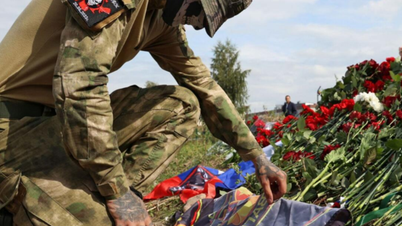
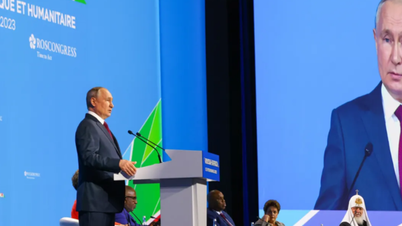
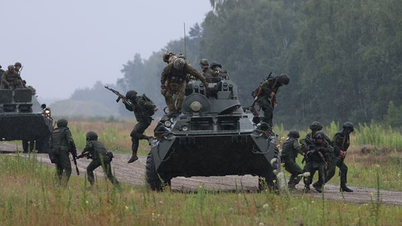
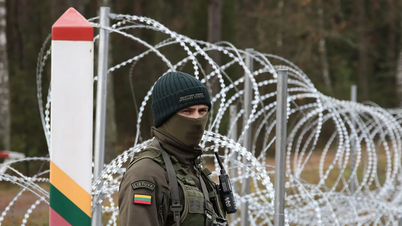





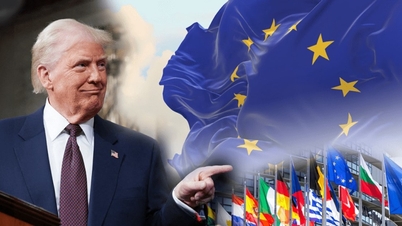




















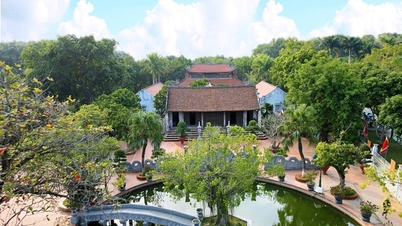
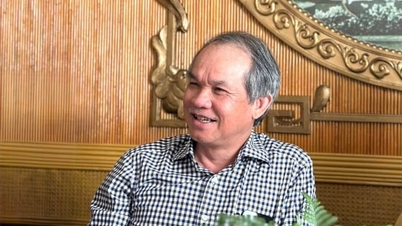






























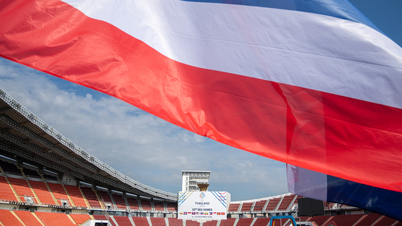

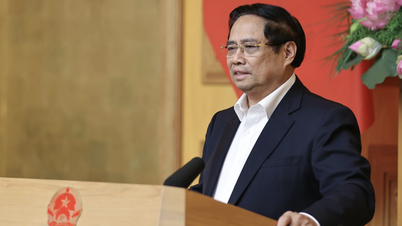


![[Photo] General Secretary To Lam works with the Standing Committees of the 14th Party Congress Subcommittees](https://vphoto.vietnam.vn/thumb/402x226/vietnam/resource/IMAGE/2025/12/09/1765265023554_image.jpeg)
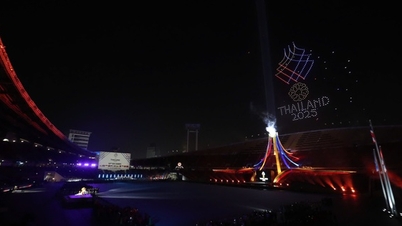






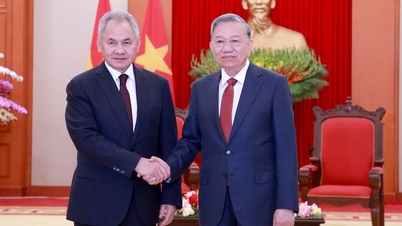







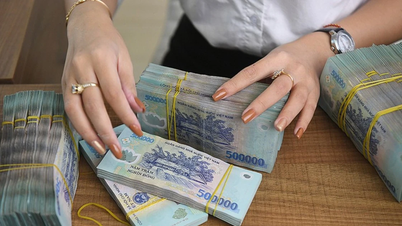


















Comment (0)